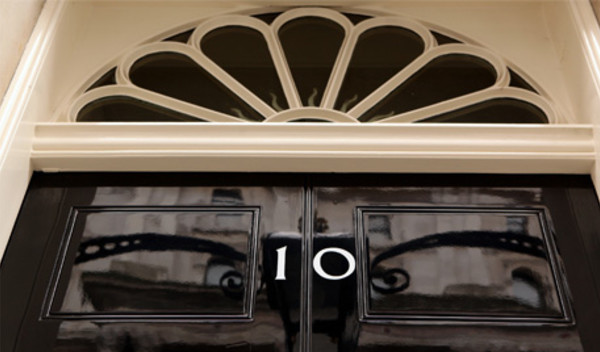

Neither the Conservatives nor Labour are spelling out the consequences of their policy proposals in their manifestos, a report has claimed.
According to the highly regarded Institute for Fiscal Studies (IFS), the Conservative plans imply at least another five years of austerity, while achieving their stated aim of balancing the budget by the mid 2020s would require more spending cuts and tax rises even beyond the end of the next parliament.
Meanwhile Labour is promising huge tax increases and spending increases, but the IFS claims that their plan for paying for it will not work.
"They would not raise as much money as they claim even in the short run, let alone the long run. And there is no way that tens of billions of pounds of tax rises would affect only a small group at the very top as their rhetoric suggests," Paul Johnson,from the IFS said.
“In one sense the two main parties have rarely offered the British such a clear and substantial choice. One is promising relatively low levels of spending, tax and borrowing, while the other is promising a much bigger state. But neither is being really honest with the public,” he added.
According to the IFS, the Labour tax proposals in the manifesto include some factual mistakes, optimistic assumptions and unspecified tax increases. Even though the majority of tax rises are on companies,they would still reduce the income of UK citizens, the IFS says, through lower wages, higher prices, or lower investment returns including those accrued within private pensions.
The Conservative proposals to raise the income tax personal allowance would leave 24m basic rate and 4m higher rate taxpayers better off. The 500,000 highest income individuals in the UK would gain £175 a year.
The IFS analysis also suggested that cuts to working age benefits promised by the Conservatives would reduce the incomes of the lowest income working age households “significantly”, and by more than the cuts seen since 2010.
The think tank added some of Labour's welfare plans would also hit the poor.
Despite the flurry of headlines about the plan, the IFS said that the Conservative move from a triple to double lock on the state pension and means test winter fuel allowance “represent a very modest change”. In 50 years time the IFS said it would expect the double lock to reduce spending by less than £5bn relative to the triple lock, but still leave it costing almost £15bn more than increasing the state pension in line with earnings. Meanwhile winter fuel payments represent just two per cent of social security spending on pensioners.
The IFS said that Labour’s plans not to increase the state pension age and to maintain the triple lock would be “immensely expensive”.



